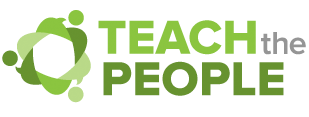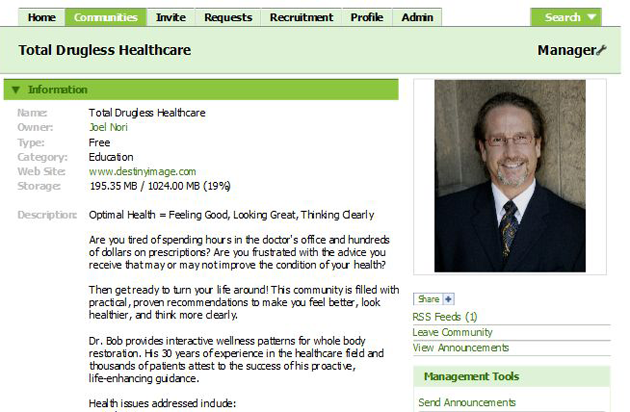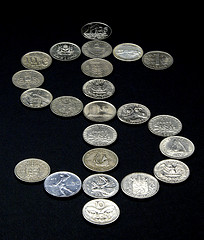Sent to you by Jose via Google Reader:
Filed under: Cellphones, Transportation
 American Airlines has joined its peers at Continental in offering boarding pass barcodes that you can download to and display on your BlackBerry, iPhone, G1, or whatever have you. Presently the airline is only offering the option on domestic, non-stop flights departing from O'Hare -- LAX and Orange County will start on the 17th. Some eastern yanks might be asking, "What, no JFK or Logan? Where's the east coast love, AA?" Don't get too bent out of shape, boys and girls -- tech-savvy business travelers love their BlackBerries, so we could see this pop up just about everywhere before long.
American Airlines has joined its peers at Continental in offering boarding pass barcodes that you can download to and display on your BlackBerry, iPhone, G1, or whatever have you. Presently the airline is only offering the option on domestic, non-stop flights departing from O'Hare -- LAX and Orange County will start on the 17th. Some eastern yanks might be asking, "What, no JFK or Logan? Where's the east coast love, AA?" Don't get too bent out of shape, boys and girls -- tech-savvy business travelers love their BlackBerries, so we could see this pop up just about everywhere before long.[Via Mobilitysite]
American Airlines getting in on that cellphone boarding pass fad originally appeared on Engadget on Fri, 14 Nov 2008 07:59:00 EST. Please see our terms for use of feeds.
Read | Permalink | Email this | CommentsThings you can do from here:
- Subscribe to Engadget using Google Reader
- Get started using Google Reader to easily keep up with all your favorite sites
 While a lot of us have had internet banking for years, who would have thought that AT&T would have come up with a mobile banking app that lets you check accounts and pay bills for a number of banks through a single iPhone app?
While a lot of us have had internet banking for years, who would have thought that AT&T would have come up with a mobile banking app that lets you check accounts and pay bills for a number of banks through a single iPhone app?


